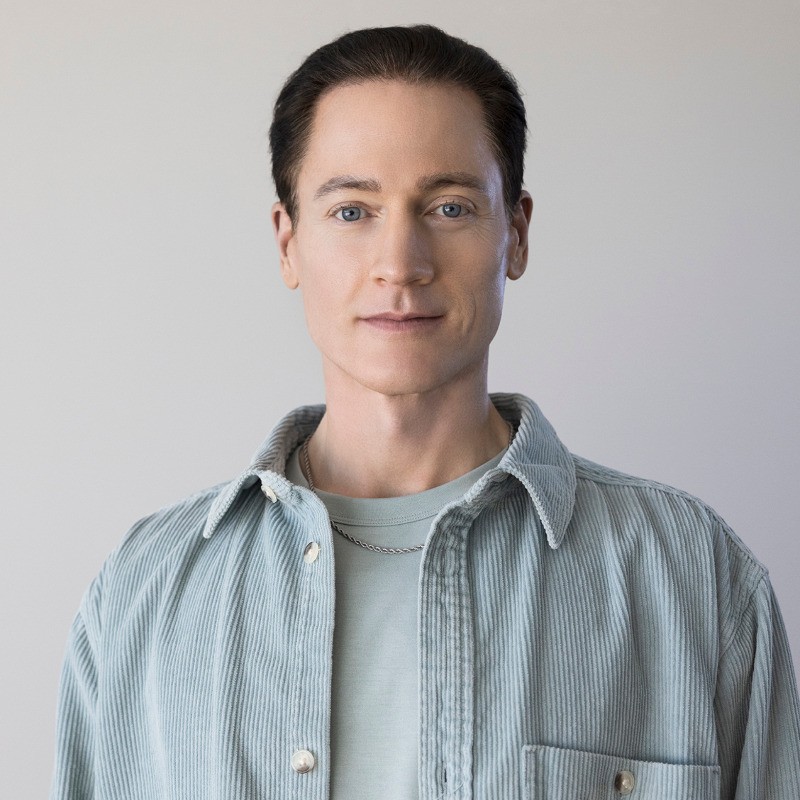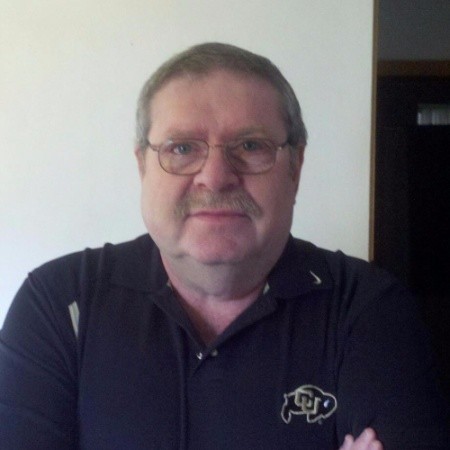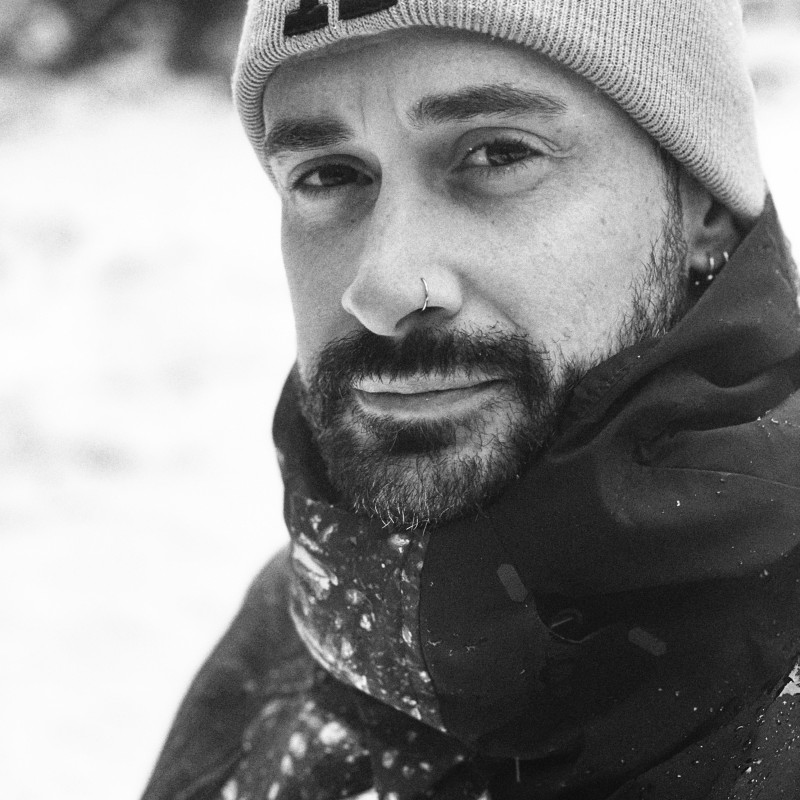Joshua Casteel's Email Addresses
Find personal and work emails for over 300M professionals
Not the Joshua Casteel you were looking for? Continue your search below:About Joshua Casteel
📖 Summary
Joshua Casteel was a remarkable individual who served as a soldier in the United States Army and later became a prominent figure in the peace movement. Casteel's journey from serving in the military to becoming a passionate advocate for peace was a profound and transformative experience that shaped his life and legacy.
As a soldier, Casteel was deeply committed to his duty and believed in the principles of honor, loyalty, and service to his country. He served as an interrogator at Abu Ghraib prison in Iraq, where he was tasked with extracting information from detainees. However, his experiences at Abu Ghraib deeply troubled him and caused him to question the morality and ethics of his role as a soldier. Casteel witnessed firsthand the harsh realities of war and the impact it had on both the Iraqi detainees and his fellow soldiers. These experiences led him to grapple with the moral implications of his actions and ultimately led to his decision to leave the military.
After leaving the Army, Casteel underwent a profound spiritual and philosophical transformation. He became deeply committed to the principles of nonviolence and worked tirelessly to promote peace and understanding between people of different cultures and backgrounds. Casteel's experiences in the military and his subsequent journey towards peace shaped his worldview and led him to become an outspoken critic of war and violence.
Casteel's profound transformation and dedication to promoting peace and reconciliation were evident in his work as an author, speaker, and advocate. He wrote extensively about his experiences in the military and his journey towards peace, using his unique perspective to shed light on the human cost of war and the moral complexities of military service. His writing was deeply insightful and thought-provoking, challenging readers to confront the brutal realities of armed conflict and consider the profound impact it has on individuals and communities.
In addition to his writing, Casteel was a passionate and engaging speaker who traveled the world to share his message of peace and reconciliation. He spoke at universities, churches, and community events, captivating audiences with his compelling personal story and his powerful message of nonviolence. Casteel's ability to articulate the moral and ethical dilemmas of war and violence made a lasting impression on all who heard him speak, inspiring many to reevaluate their own beliefs and perspectives on war and conflict.
Casteel's tireless advocacy for peace and reconciliation was tragically cut short when he passed away at the age of 32 after a battle with cancer. His untimely death was a profound loss to the peace movement, but his legacy continues to inspire and challenge others to work towards a more peaceful and just world. Casteel's life and work serve as a powerful reminder of the human cost of war and the urgent need for empathy, understanding, and dialogue in the pursuit of peace.
In conclusion, Joshua Casteel was a remarkable individual whose journey from soldier to advocate for peace was both inspiring and impactful. His experiences in the military and his subsequent transformation towards nonviolence shaped his worldview and led him to become a powerful voice for peace and reconciliation. Through his writing, speaking, and advocacy, Casteel challenged others to confront the moral complexities of war and violence and to work towards a more peaceful and just world. Though his life was tragically cut short, his legacy continues to inspire and challenge others to strive for a world without violence and conflict.
Frequently Asked Questions about Joshua Casteel
What happened to Joshua Casteel?
In 2005 he received an honorable discharge as a conscientious objector. He was active in the anti-war movement before dying of lung cancer in 2012. His cancer can be attributed to the inhalation of many toxic fumes from the burn pits he guarded and slept by while he served in the Iraqi war.
When was Abu Ghraib built?
Abu Ghraib prison was opened in the 1950s and served as a maximum-security prison. From the 1970s, the prison was used by Saddam Hussein to hold political prisoners and later the United States to hold Iraqi prisoners. It developed a reputation for torture and extrajudicial killing, and was closed in 2014.
Joshua Casteel's Email Addresses
People you may be
interested in
American author and YouTuber
Irish actor
Thai actress and television presenter
Slovenian cyclist
American actress and singer
American basketball player
Journalist
French journalist and radio presenter
Football quarterback
American singer-songwriter and actor

Foreign Affairs Columnist at The Washington Post

American entrepreneur and venture capitalist








